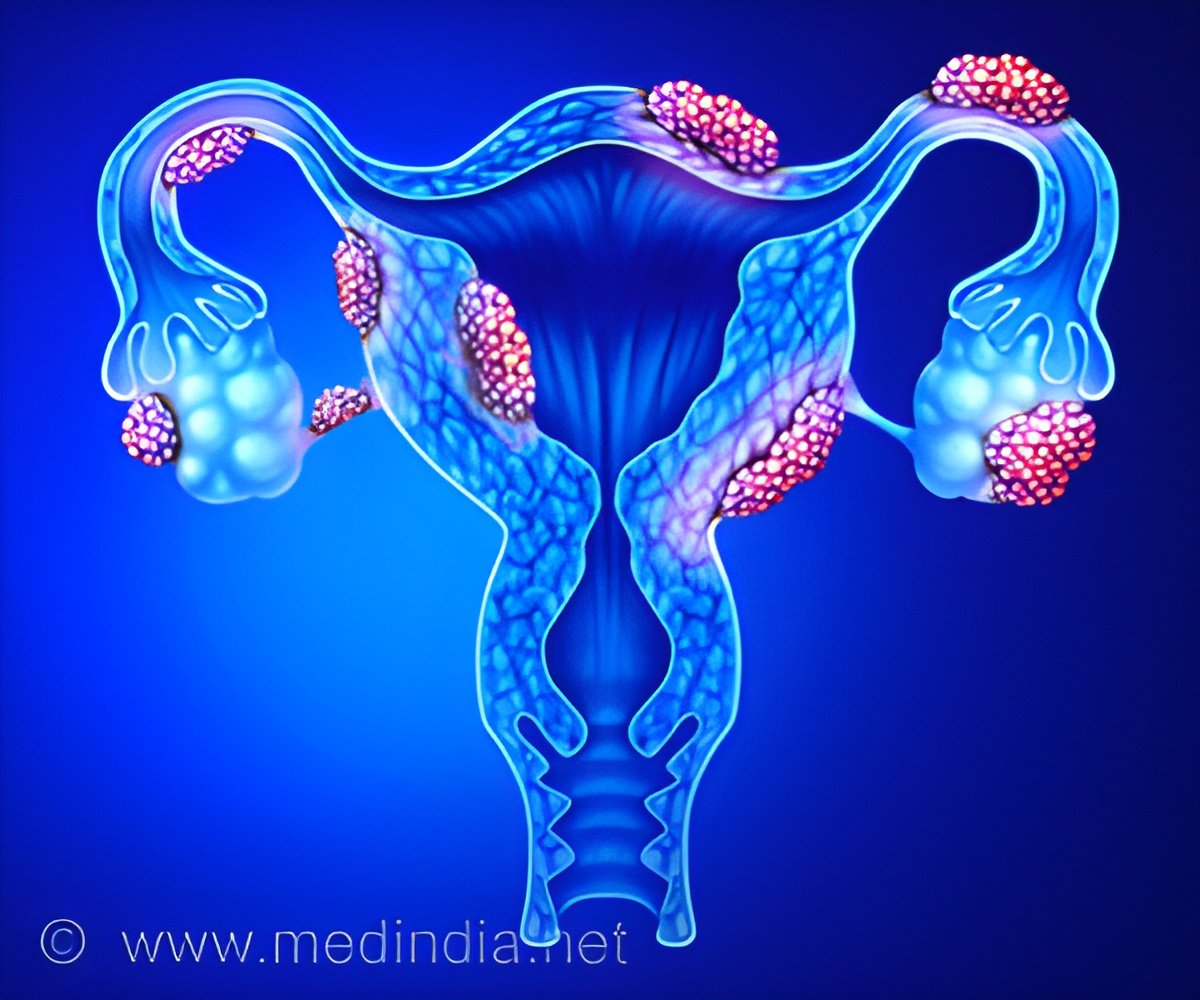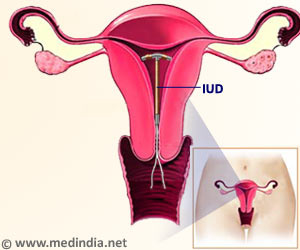Endometriotic lesions actively communicate with immune cells, amplifying inflammation. This discovery reshapes our understanding of endometriosis and its treatment.

Spatial transcriptomic analysis identifies epithelium-macrophage crosstalk in endometriotic lesions
Go to source).
‘Did You Know?
Endometriotic lesions talk to immune cells, fueling inflammation! #endometriosis #immuneresponse #inflammation #macrophages #womenshealth #reproductivehealth #medindia’





Endometriotic lesions talk to immune cells, fueling inflammation! #endometriosis #immuneresponse #inflammation #macrophages #womenshealth #reproductivehealth #medindia’
Advertisement
Role of Epithelium in Endometriotic Lesions
Endometriosis affects 10% of women of reproductive age, causing pain and infertility. It occurs when tissue similar to the uterine lining grows outside the uterus. These lesions, influenced by estrogen, can develop on the ovaries or peritoneum. Inflammation and immune cells, especially macrophages, play a key role in their growth and persistence.Advertisement
Macrophage Activation & Immune Crosstalk
Lesions activate immune cells called macrophages, making them release inflammation signals.Lesion’s outer layer sends more signals to macrophages, increasing inflammation.
Potential Therapeutic Implications
Treatments that block how lesions interact with immune cells may help manage endometriosis better.Studying how immune signals (complement system) work could lead to ways to reduce long-term inflammation.Reference:
- Spatial transcriptomic analysis identifies epithelium-macrophage crosstalk in endometriotic lesions - (https://www.cell.com/iscience/fulltext/S2589-0042(25)00049-5)
Source-Michigan State University










